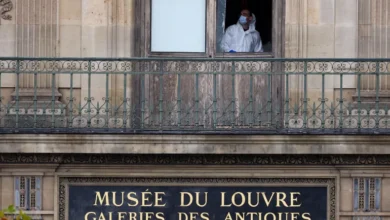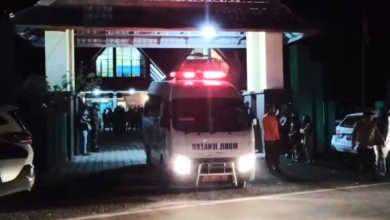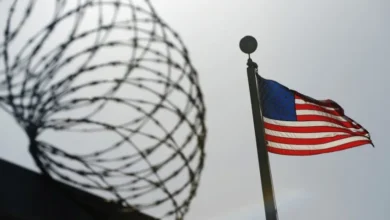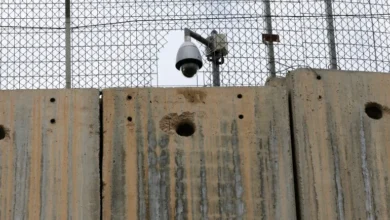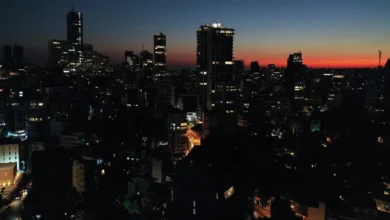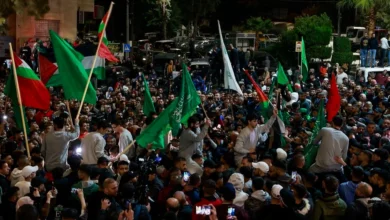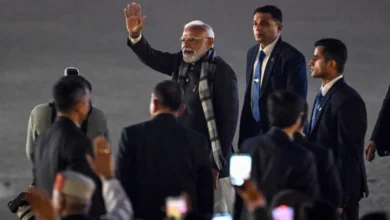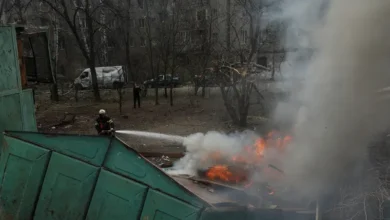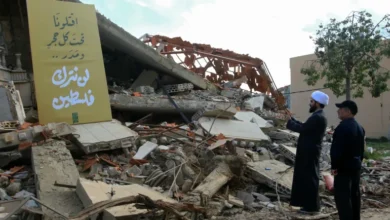Why the future of Bangladesh’s Muhammad Yunus administration is uncertain
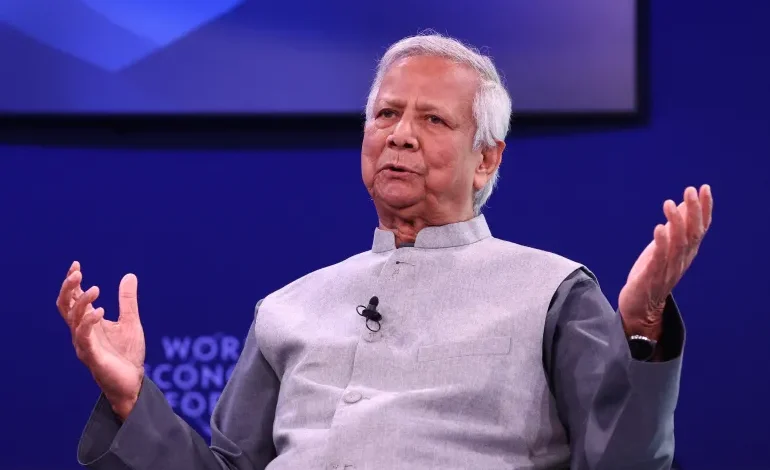
On the surface, it was a routine closed-door meeting between Bangladesh’s interim leader and Nobel laureate Muhammad Yunus and the chiefs of the country’s three armed forces, to discuss law and order.
But the May 20 meeting came amid what multiple officials familiar with the internal workings of the government described to Al Jazeera as an intensifying power struggle in Dhaka. Portrayed in social and mainstream media in Bangladesh as a “cold war” between the armed forces and the interim administration, these tensions now threaten the future of Yunus’s role, nine months after he took charge following the ousting of former Prime Minister Sheikh Hasina and the ruling Awami League.Hasina fled to India in August 2024 amid a mass uprising against her 15-year-long rule, during which she was accused of orchestrating extrajudicial killings and enforced disappearances.
The meeting also came amid rumours that Yunus was considering stepping down. However, following another cabinet meeting on Saturday, acting head of the planning ministry, Wahiduddin Mahmud, told reporters: “The chief adviser [Yunus] is staying with us – he hasn’t said he’ll resign – and the other advisers are also staying; we are here to carry out the responsibilities given to us,” following a closed-door meeting of the interim government’s advisory council amid ongoing political unrest.Analysts, however, say, the standoff is not over yet.
We unpack the latest tumult in Bangladesh, and what it means for the country’s fledgling efforts to return to electoral democracy.Why are tensions mounting between the military and the government?
The Bangladesh Army has remained deployed since July 2024, following the mass protests that led to Prime Minister Sheikh Hasina’s ouster. Their continued presence was necessitated by the collapse of civilian law enforcement during the upheaval, including a nationwide police strike that left many stations abandoned and public order in disarray.
Although the police resumed operations in mid-August, the army’s presence has been maintained as part of a civil-military consensus, because of unrest in the country.
On Wednesday, Bangladesh’s army chief, General Waker-Uz-Zaman, publicly urged that national elections be held by December this year, warning that prolonged deployment of the army for civil duties could compromise the country’s defences.
According to a report by The Daily Star, General Waker told a high-level gathering at Dhaka Cantonment, “Bangladesh needs political stability. This is only possible through an elected government, not by unelected decision-makers.” The comments came during a rare address in which he delivered a 30-minute speech, followed by more than an hour of questions and answers. Officers from across the country and at Bangladeshi UN missions reportedly joined the event, both physically and virtually, in full combat uniform – a show of unity and resolve.His remarks indicate a difference of opinion with the Yunus administration’s stated intention of holding elections no earlier than mid-2026, to allow time for political and electoral reforms first, in order to ensure a fair election.
According to local media reports, Waker is also strongly opposed to key initiatives being considered by the interim government. On a proposed humanitarian corridor into Myanmar’s Rakhine State, he reportedly said: “There will be no corridor. The sovereignty of Bangladesh is not negotiable.” He warned that any such move could drag Bangladesh into a dangerous proxy conflict. “Only a political government elected by the people can make such decisions,” he said, according to the paper.
The army chief also voiced concern about making other decisions without an electoral mandate – including the potential foreign management of Chattogram Port, Bangladesh’s main seaport, and the launch of Starlink, Elon Musk’s satellite internet service – which he said could compromise national security. “The army will not allow anyone to compromise our sovereignty,” The Daily Star quoted him as saying.
His remarks came amid widespread speculation – still unaddressed by either the military or the government – that the Yunus administration had attempted to remove General Waker from his post last week. Though unconfirmed, the rumour has dominated public discourse and prompted questions about civil-military relations during the transitional period.
The timing, therefore, of General Waker’s assertive public statement – and its emphasis on constitutional process and national sovereignty – is widely viewed as a signal of growing unease within the military over the interim government’s expanding civilian initiatives, according to analysts.
Are there tensions with political parties as well?
Yes. Since its formation on August 8 last year, the interim government has faced escalating pressure from different sides. While the main opposition Bangladesh Nationalist Party (BNP) insists that national elections must be held by December, the National Citizen Party (NCP) – a student-led party formed earlier this year – and several other political groups argue that sweeping reforms and the prosecution of former Awami League (AL) leaders for killings resulting from the brutal crackdown on student-led protests last year must precede any election.Bangladesh’s largest political party, the BNP, has launched a wave of protests over other demands as well, including that its candidate, who lost an allegedly rigged mayoral election in Dhaka on February 1, 2020, under the Awami League regime, be reinstated as mayor.
On Thursday, the BNP held a news conference demanding an election by the end of the year, as well as the resignation of two student advisers and the national security adviser. The party warned that without these steps, continued cooperation with the Yunus-led administration would become untenable.
On Saturday, Yunus is expected to meet with both the BNP and Bangladesh Jamaat-e-Islami (BJI), the largest Islamic political party in Bangladesh.

